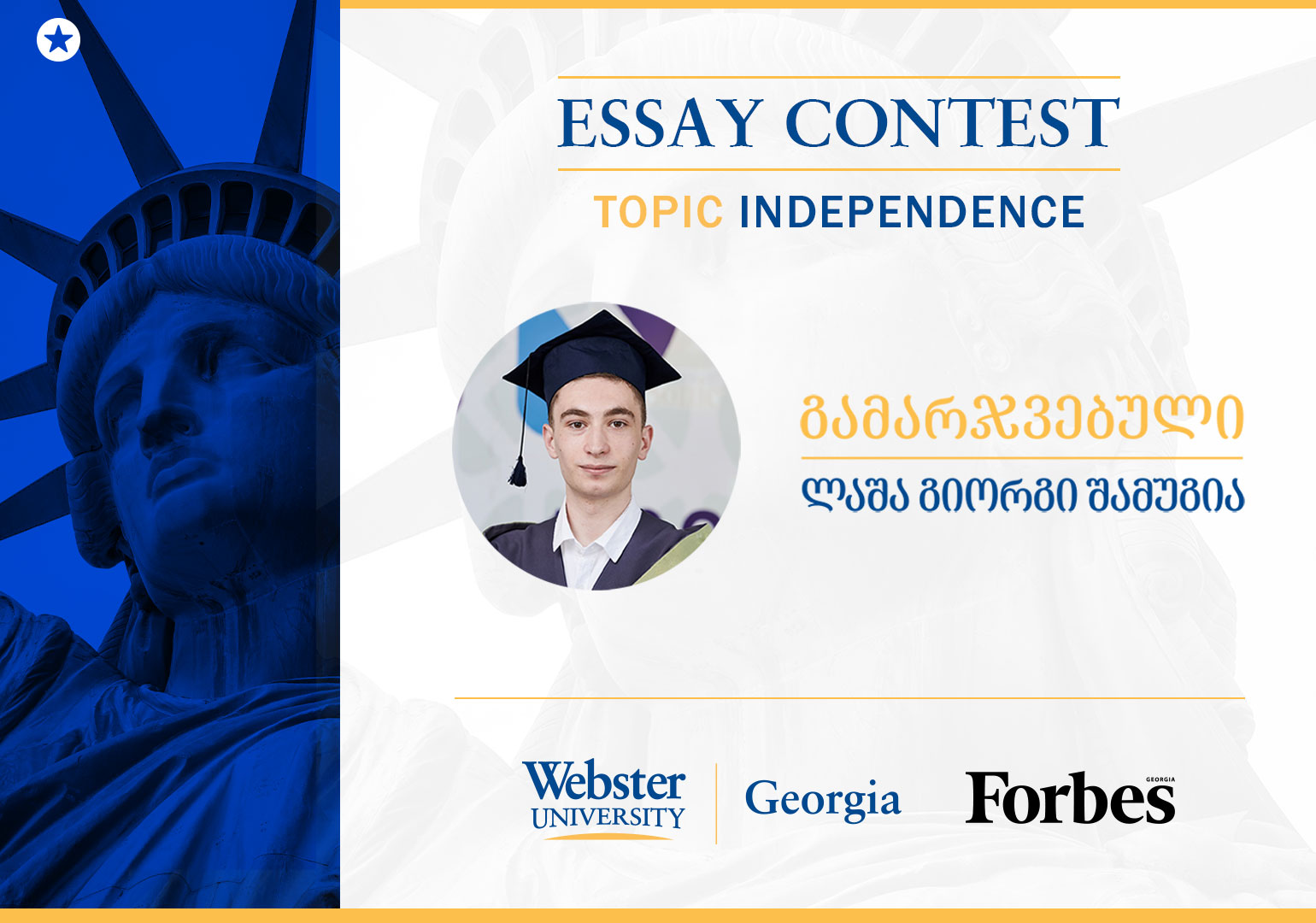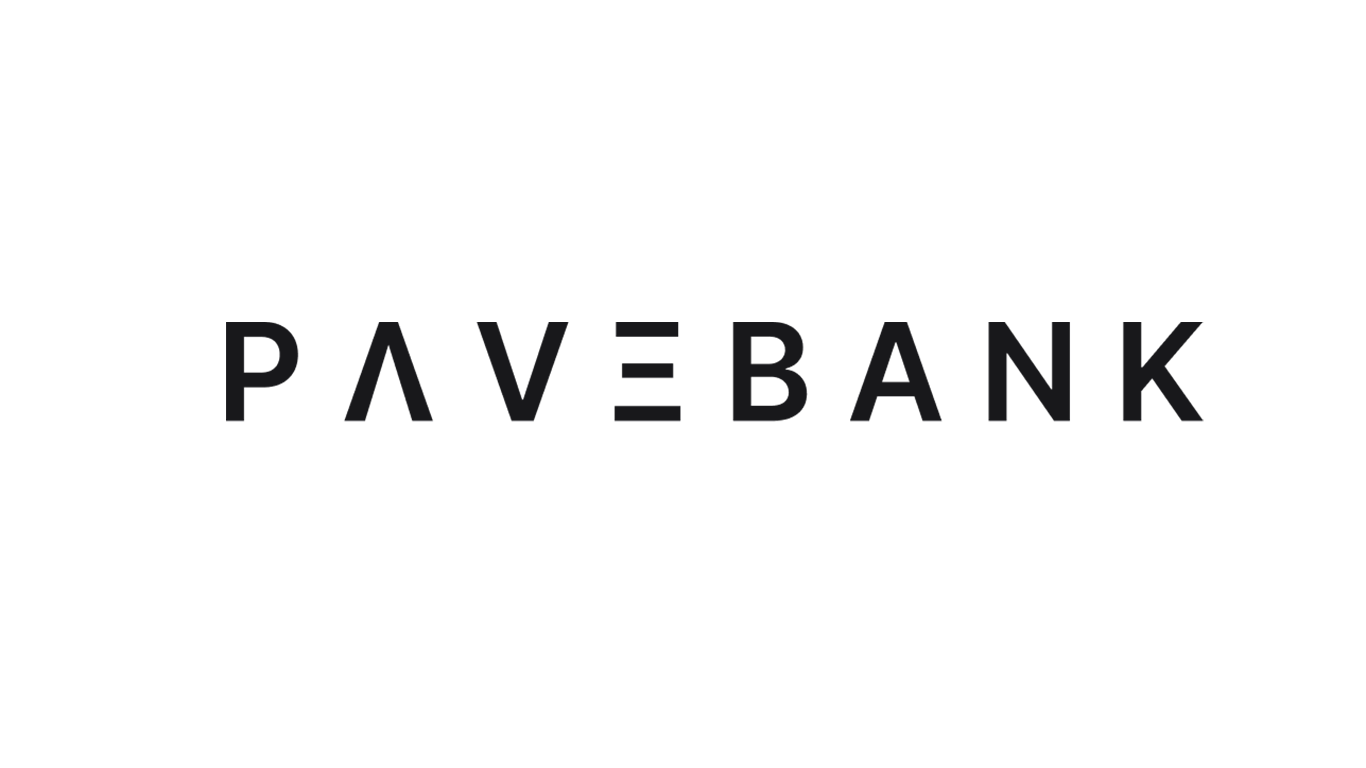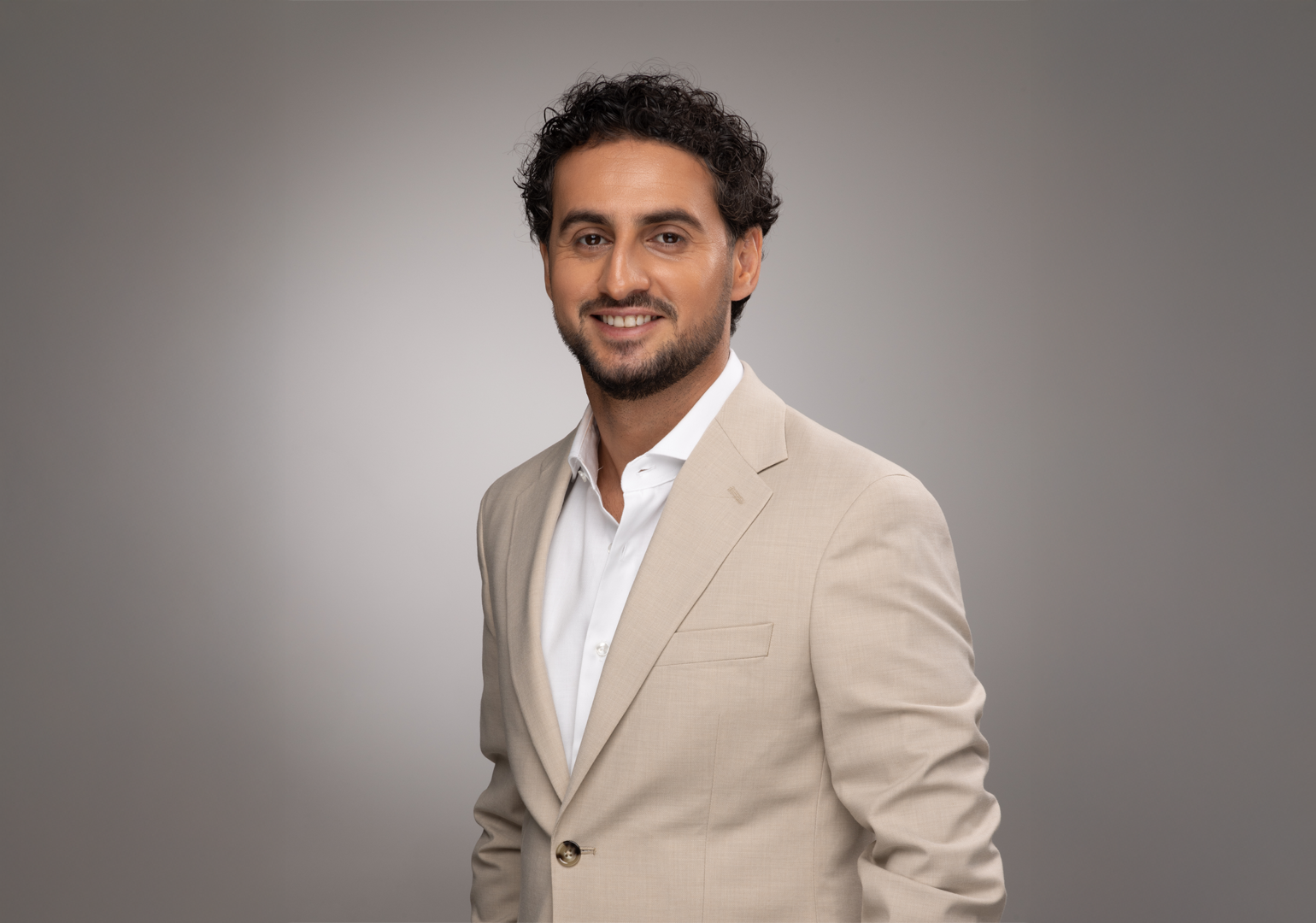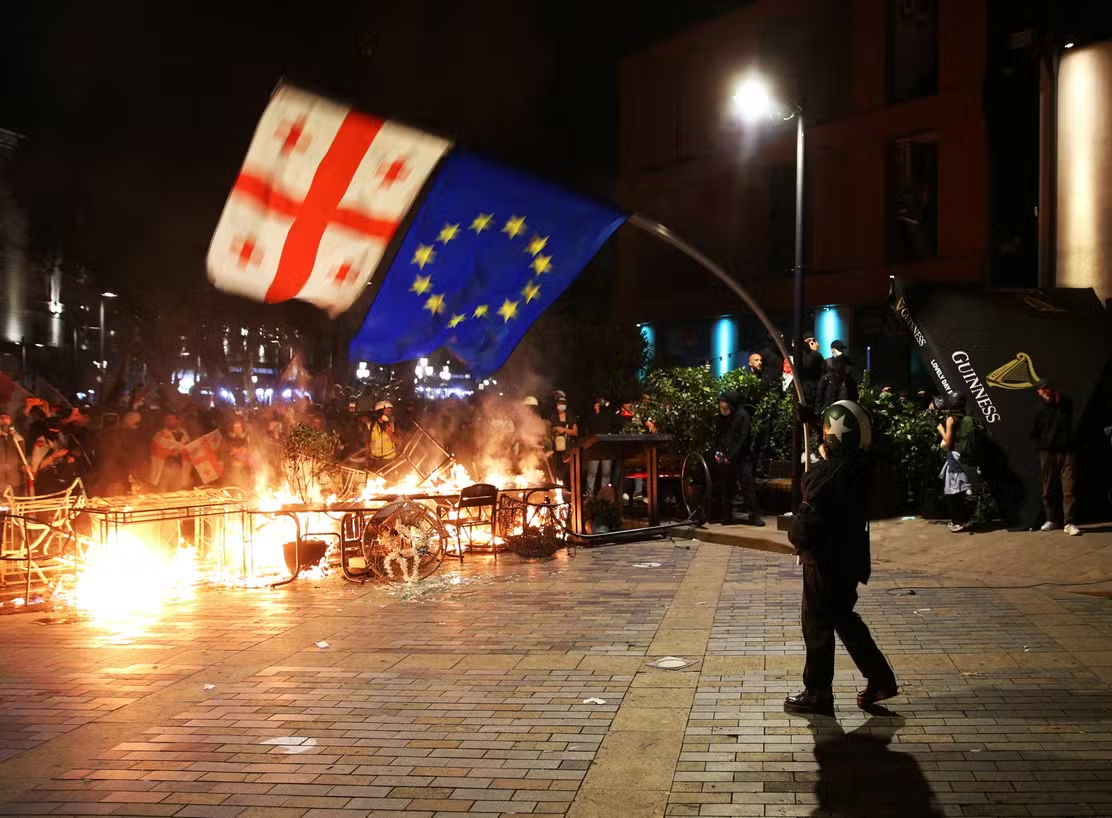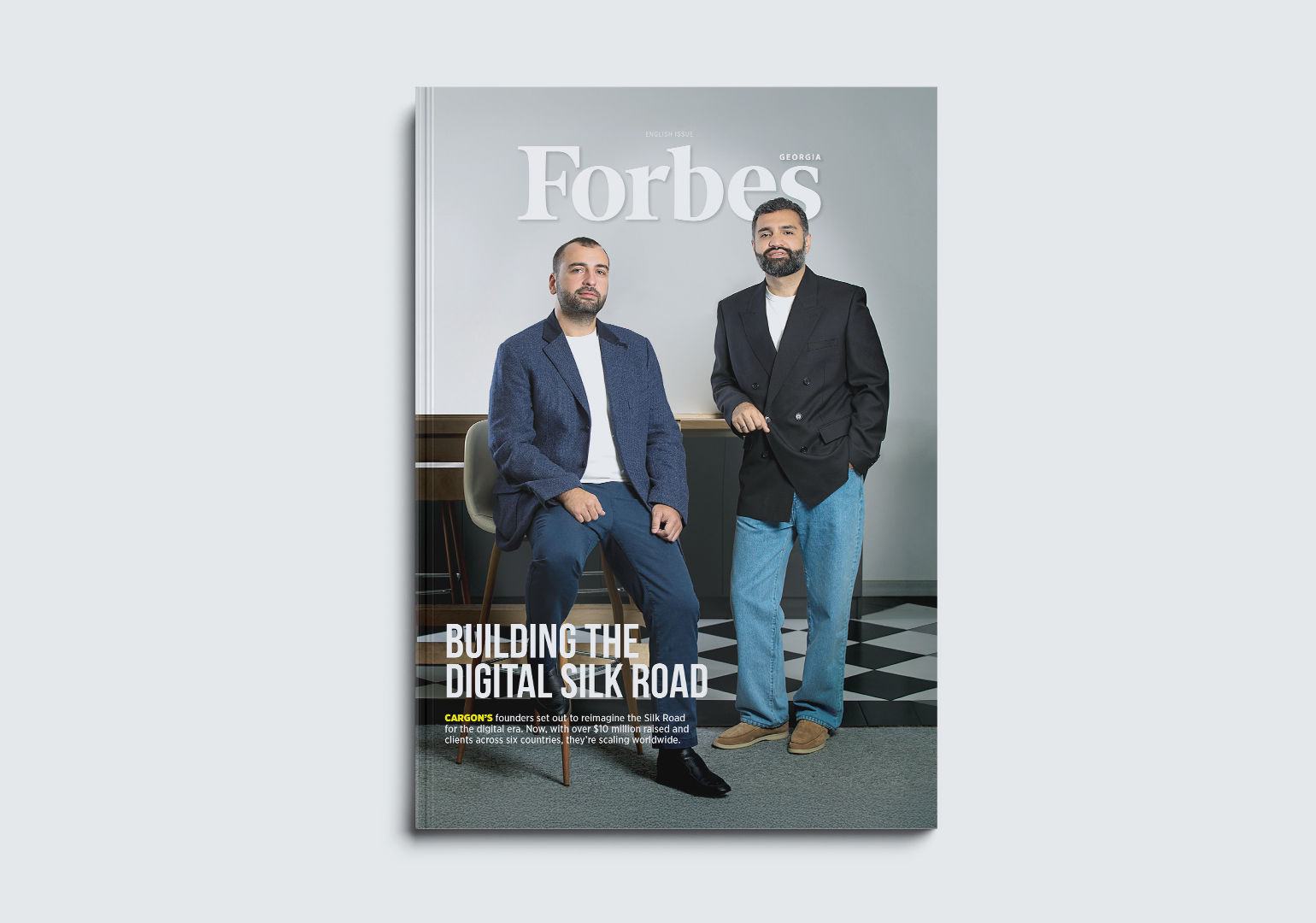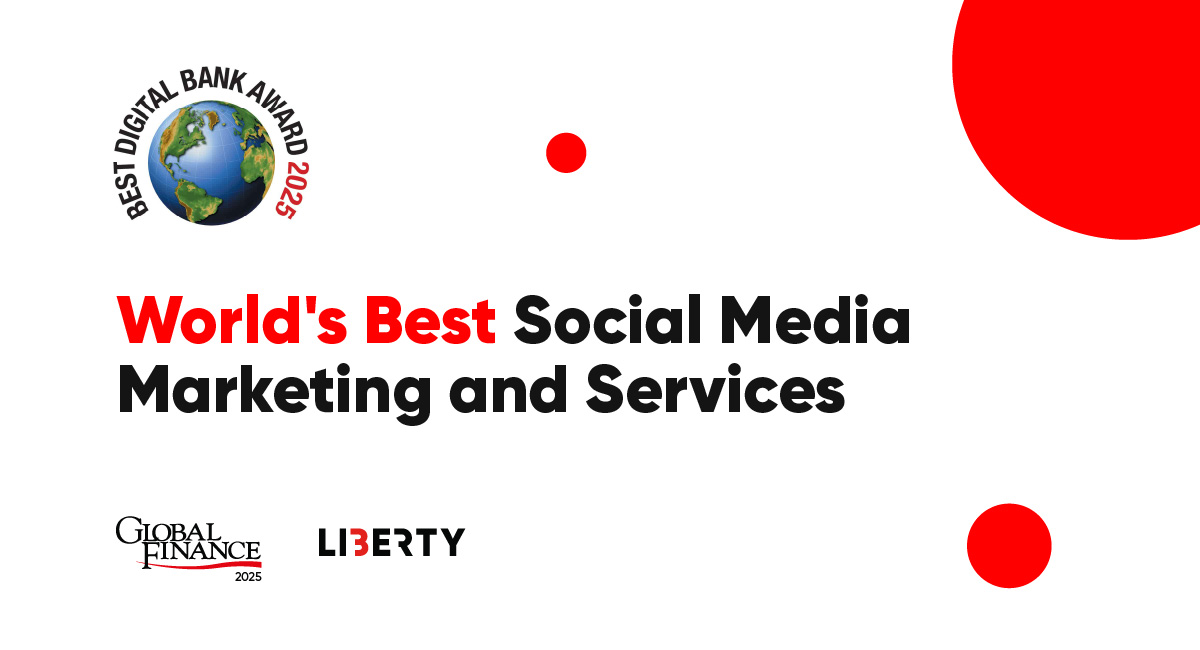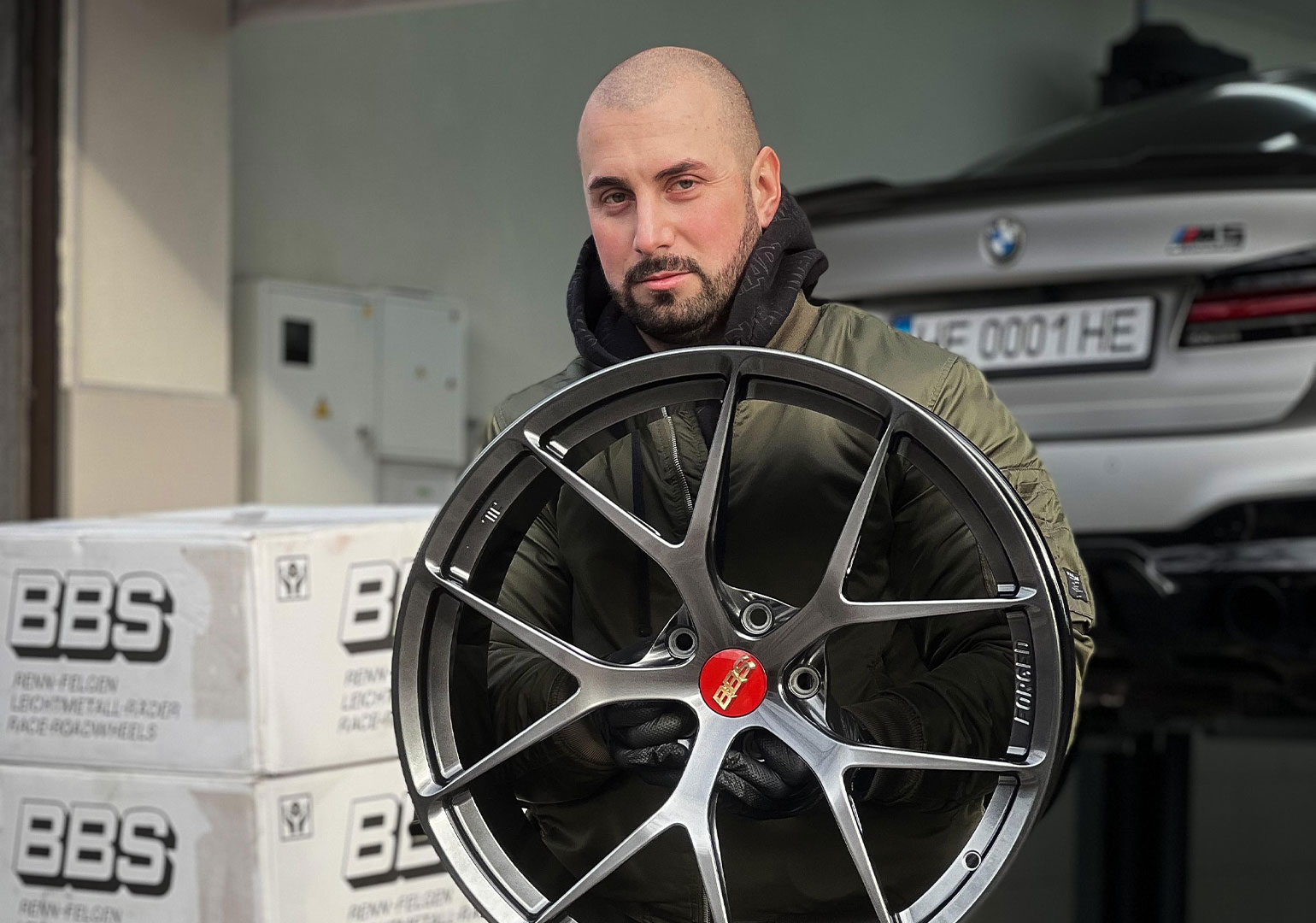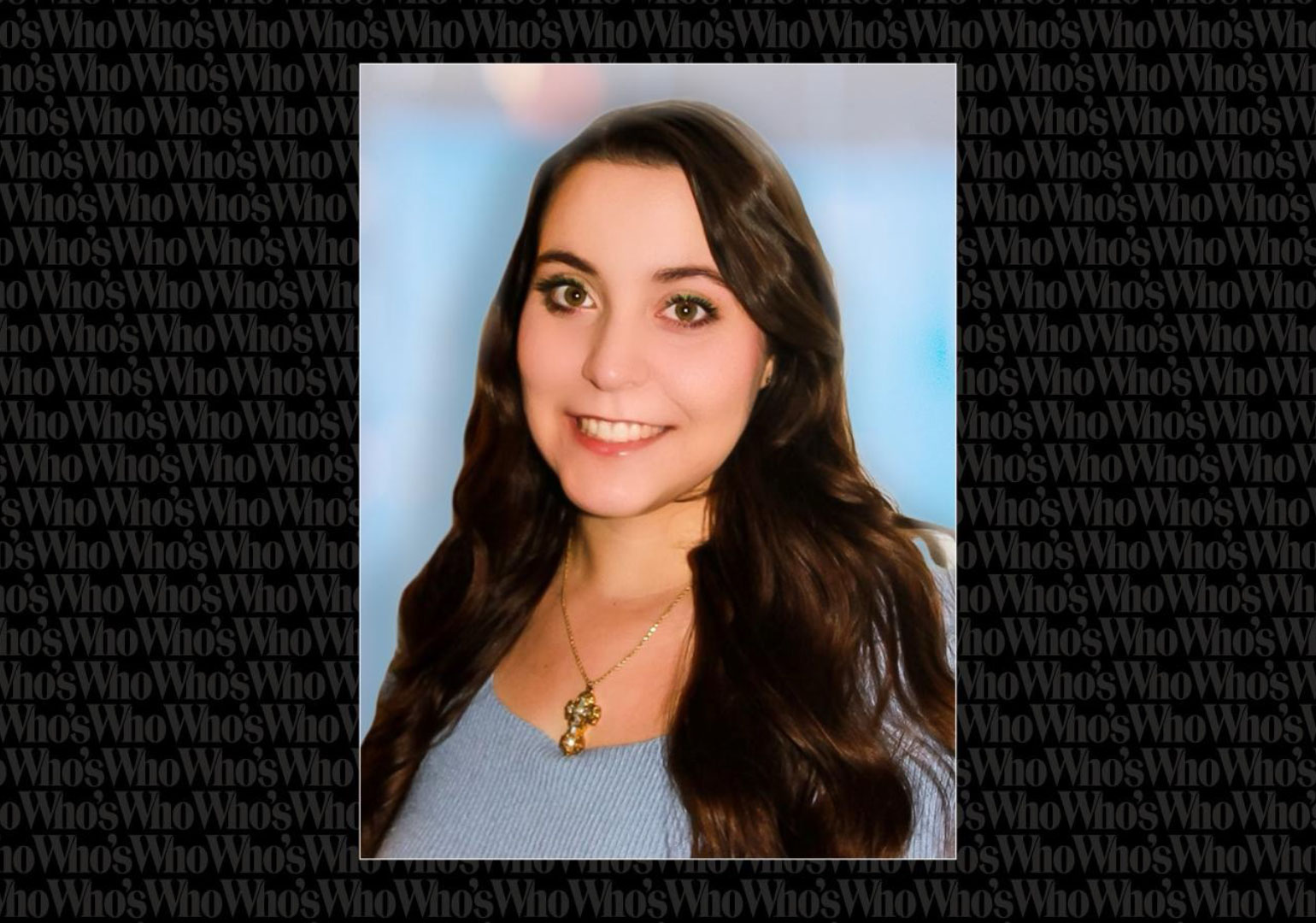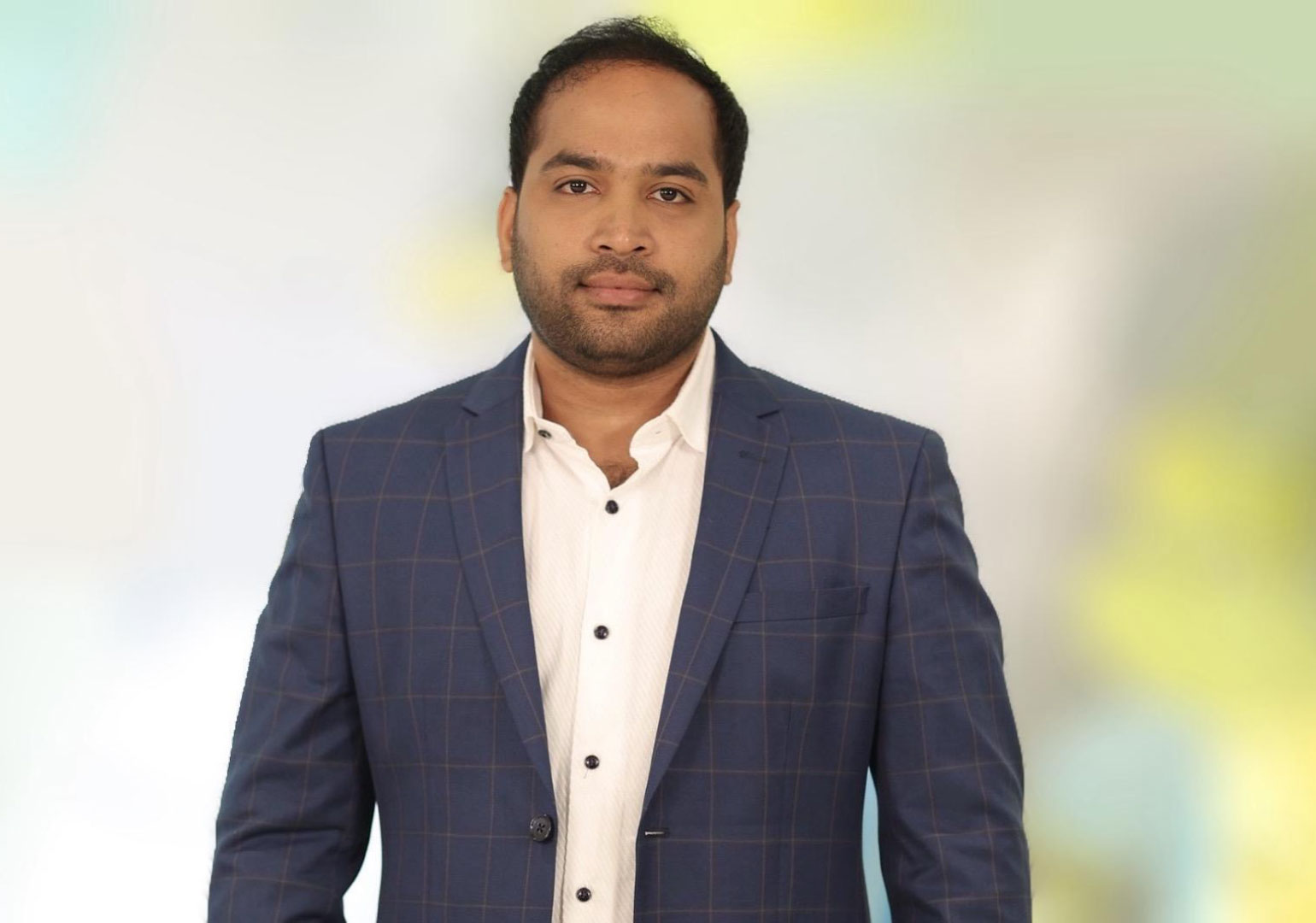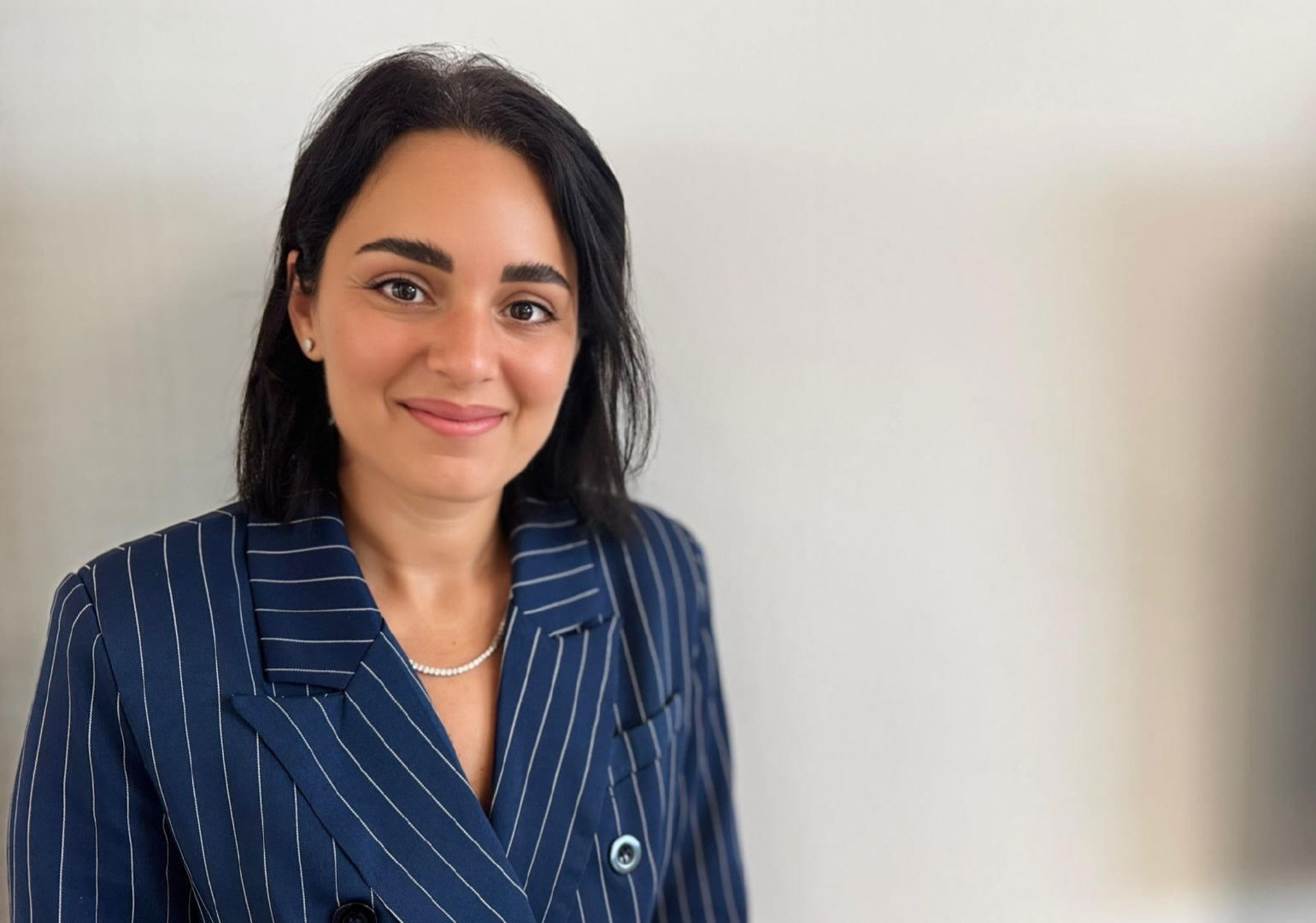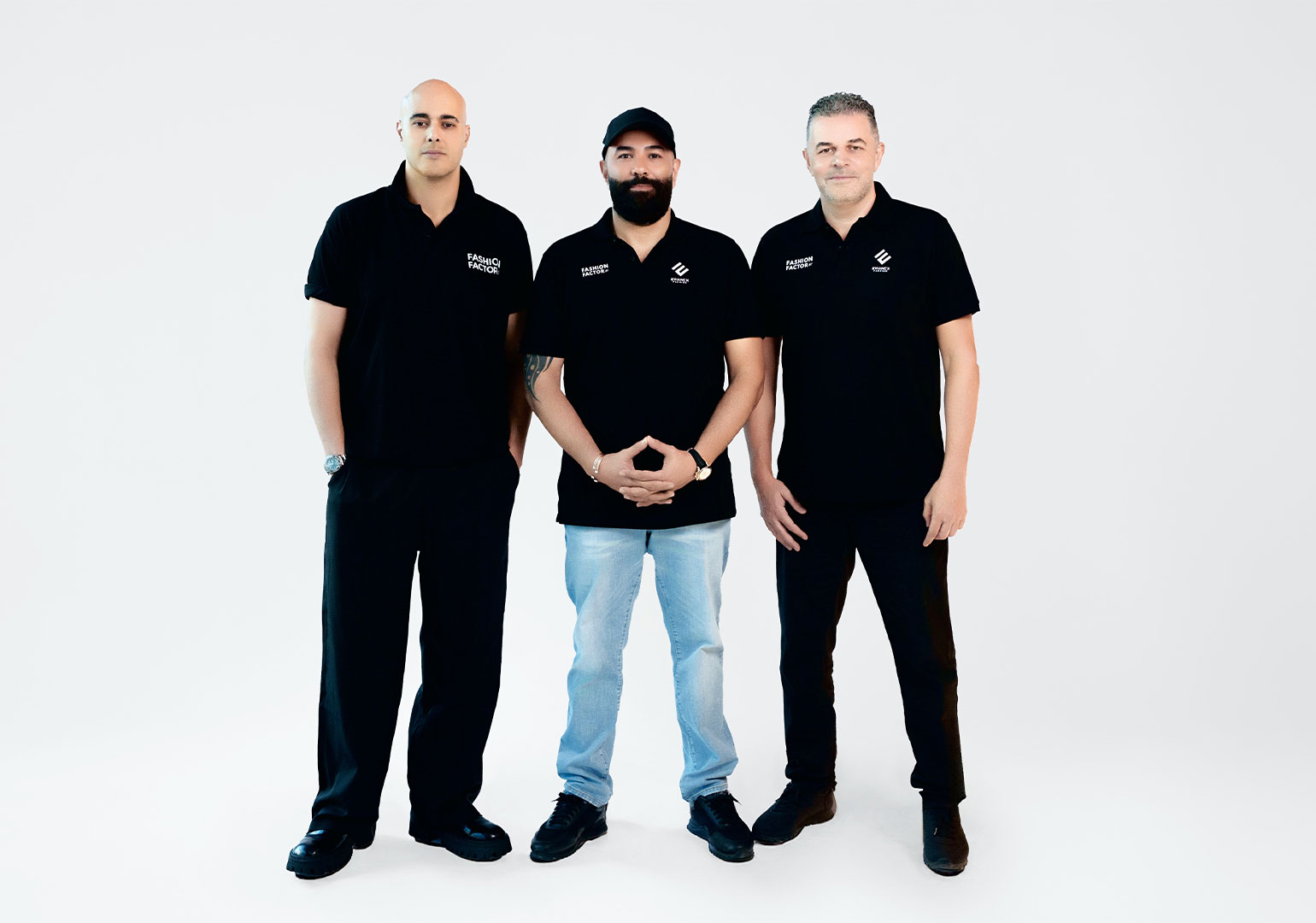“For many centuries Georgia existed as a free and independent state” declares Georgia’s Act of Independence of 1918. Independence is not a result that comes, it is a process: a process consisting of centuries-long hard work, striving, tough decisions, and loyalty. Independence is to be obtained and defended. An independent country is where the “certain unalienable Rights, that among these are Life, Liberty and the pursuit of Happiness” are thriving (United States Declaration of Independence, 1776). Independent are the People and independence thrives within them. In the following essay, I will be discussing these ideas from diverse angles; synthesizing my experience of living in and striving for a fully independent Georgia, continuing the centuries-long fight for liberty, peace, freedom of speech, and progressive decision-making with my friends from the Eastern European countries and the US; and being an incoming student from Georgia at the country which excels in the responsibilities of being independent – the United States of America.
To begin with, to be independent is to be free as an individual and thus the nation. These two concepts have become bound together throughout the history of humankind, creating a chain of simultaneous aspirations for the independence and freedom of oneself and the nation. The people of Ukraine, Georgia, and Moldova represent a great epitome of these fundamental values; recently, the heroism of the Ukrainian people has become a bright symbol of every individual aspiring for justice and freedom. However, being more aware of Georgian history, let me discuss how Georgia also represents this idea. In the early 1900s, the fight for liberty against the century-long Russian annexation of Georgia led to a growing national movement and in 1918, Georgia obtained its long-lost independence. The free spirit of the Georgian people was the key that opened the door of independence, which was, unfortunately, lost in 3 years, as Georgia was forcibly incorporated into the former USSR. Although this was a huge setback – a new and terrible reality, where individual freedom was suppressed – Georgian people nevertheless gave up. Independence was lost, but the spirit of freedom remained. We fought, created proclamations, listened to Jazz, wrote literature about liberty, freedom of speech, and democracy, protested, lost lives, but kept fighting. On April 9, 1989, said spirit pushed a wave that transformed into independence. We remained loyal to freedom and eventually became independent.
Equally important, to be independent is to be aware of who you are. Independence oftentimes requires commitment, sacrifice, and resilience from the people of the nation, as sometimes it needs us to fight, protest, change for the better, and grow – indeed, independence barely exists in the dim light of our comfort zones. To that end, we need the center of gravity – a purpose – for which it is worth fighting. Freedom of self is indeed one of them, however, in the lowest lows, we need something even more tangible, which is the nation’s identity: our values, culture, and history. Based on the stories of my friends and family from Ukraine, it is clear that the passion of the Ukrainian people for defending their country, independence, and freedom is unanimous and strong; their commitment to values of Human Dignity, Human Rights, and peace are beating in their hearts, as they are deeply respecting the values their ancestors fought for. Similarly, culture plays a significant role in independence as well. On May 25, 2022, UN Special Rapporteur in the field of cultural rights, Alexandra Xanthaki, highlighted that “the questioning and denial of the Ukrainian identity and history as a justification for war, is a violation of the Ukrainians’ right to self-determination and their cultural rights.” Today, we listen to Ukrainian songs as a symbol of their bravery, see them wearing traditional clothes to embrace their identity, and read literature representing their centuries-long history and culture. It is clear that culture is the way of “self-determination”, it is the belief – the root independence flourishes from.
Moreover, to be independent is to be responsible – responsible to your country, and your fellow citizens, while independence also grants you the opportunity and moral responsibility of helping others on their way towards freedom, and democracy; to be independent is to be reliable, to be a good friend, and a dependable partner. During a year of serving as an EducationUSA Competitive College Club Congress delegate from Georgia in the Eastern Europen network of fellow students, I perceived the strength of integrity, friendship of countries, and the power of multiculturalism as we had a tangible positive impact on our international community by working together. Now, I am proud I will be representing Georgia – a place where I first shared and embraced those values – to the country, which excels in them and serves as a true friend to others – the United States of America. By bolstering Human Rights, Dignity, Freedom, Equality, and Peace in countries like Georgia, Ukraine, and Moldova, enhancing access to education, and providing strong support on the way towards their full independence, the U.S serves as a great example of how I envision independent and responsible future of the world based on the values my country time after time demonstrated to me.
Altogether, independence may be hard to obtain and harder to maintain with decency, calling for sacrifice and resilience from us, however, I believe it is the best way to live and prosper: to be independent is to have freedom of choice, and passion for your past and future, to be independent is to own your culture and foster with and within it. To be independent is to be respectful and reliable. To be independent is to be free inside.
Author: Lasha Giorgi Shamugia, Incoming Undergraduate at Princeton University
References:
- Thomas Jefferson, Committee of Five. (July 4, 1776). Declaration of Independence: A Transcription. National Archives.
- The Georgian National Council. (May 26, 1918). Georgia’s Act of Independence. ge.
- European Union. (n.d.) Aims and Values. An official website of the European Union.
- Alexandra Xanthaki. (May 25, 2022). Ukraine/Russia: Violations of cultural rights will impede post-war healing – UN expert. UNITED NATION HUMAN RIGHTS OFFICE OF THE HIGH COMMISSIONER.
Lasha Giorgi Shamugia
Incoming Undergraduate at Princeton University.
